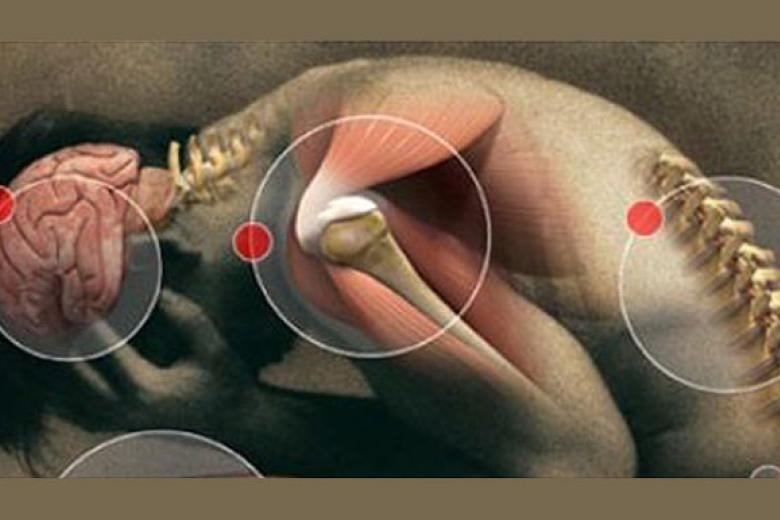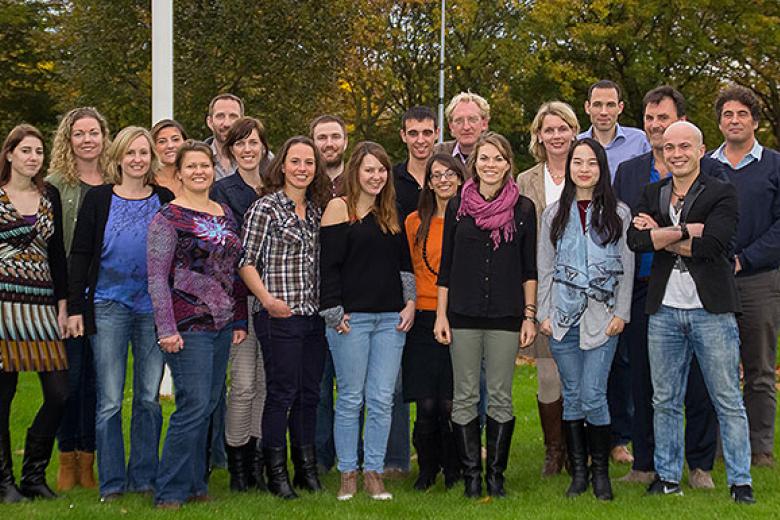Research CPS
Clinical Psychological Science (CPS) is involved in research and academic education in the area of experimental clinical psychology. Although the themes of CPS are quite diverse, their common ground is the experimental approach to the study of psychopathology. CPS consists of four sections: Eating Disorders and Obesity, Forensic Psychology, Behavioural Medicine, and Clinical Psychology.
Besides its scientific value, the research of CPS is highly relevant to society. The prevalence of eating disorders, pain, sexual disorders, anxiety, depression or personality disorders is high. These conditions are associated with much human suffering and pose a large financial burden for society. Research findings may be used in their prevention and treatment. Professionals from the legal arena and those working in forensic hospitals may benefit from insights from forensic psychology.
CPS Research lines
Experimental Health Psychology
Led by: Pauline Dibbets
The Experimental Health Psychology (EHP) research group studies the role of psychological processes in bodily symptoms in humans. It aims at furthering the understanding of psychologic mechanisms underlying health and disease and applies this knowledge to prevention, diagnosis, treatment and rehabilitation of individuals with ill health.
The three main research lines are:
- pain and pain disorders
- tinnitus and vestibular complaints
- sexual functioning and sexual pain conditions
The approach is primarily experimental and encompasses fundamental research (including psychophysiological studies), prospective longitudinal studies as well as therapeutic intervention studies. A common theme across the various topics is the role of learning processes in the etiology, maintenance, and treatment of bodily symptoms.

Clinical Psychology
Led by: Pauline Dibbets
The Clinical Psychology section clusters diverse research themes within the field of psychopathology with one common focus: empirically-based studies directly inspired by clinical practice. The section works in close collaboration with mental health care clinics in the Netherlands, where participants for the studies are recruited and tested. Several members of the Clinical Psychology section combine their jobs as researchers with that of therapist at the Academic RIAGG Maastricht, in the anxiety, mood, personality disorders or children and adolescence programmes. This enables them to witness first-handed what the clinical field is most in want of and to set up studies that are of high importance and relevance to clinical practice.
The studies carried out in the Clinical Psychology section include both experimental laboratory and therapy-effectiveness studies. The research lines of the members of the section focus around four themes: personality disorders, anxiety disorders, mood disorders and developmental disorders. Examples of current research topics are cognitive models and treatment of borderline personality disorders, psychopathy and aggression (personality disorder group); social evaluation of social phobics, conditioning and treatment approaches (anxiety disorder group); mechanisms of change and therapy-effectiveness of depression treatment (mood disorder group); and internalising and externalising disorders, anxiety, depression and personality in youngsters (developmental disorder group).
At present, the members of the Clinical Psychology section are either full, associate or assistant professors, post-docs or PhD students. Since the staff is relatively young and enthusiastic, this group has a strong potential to grow.
Members of our group teach in the master Mental Health, Adult and Child tracks (Faculty of Health Medicine and Life Sciences, UM); the Research Master Psychopathology (Faculty of Psychology and Neuropsychology, UM); and at Rino Zuid (post-doctoral training for Health Psychologist and Clinical Psychologist).

Forensic Psychology
The Forensic Psychology Section strives to generate knowledge that serves to enhance the quality of legal decision making in both criminal and civil cases. Our mission is to describe, explain, predict, and provide solutions for legal and forensic psychological issues that have a real impact on the lives of victims, suspects, offenders and on professional practice. We aim to create quality in legal and forensic psychology and to train young psychologists to work in the field of criminal and civil law. Thus, our research focuses on core investigative procedures (e.g., interrogation), decision making (e.g., eyewitness testimony, expert bias), and forensic risk assessment (e.g., predicting recidivism).
To find out more about our activities visit the Forensic Psychology Section webpage.

